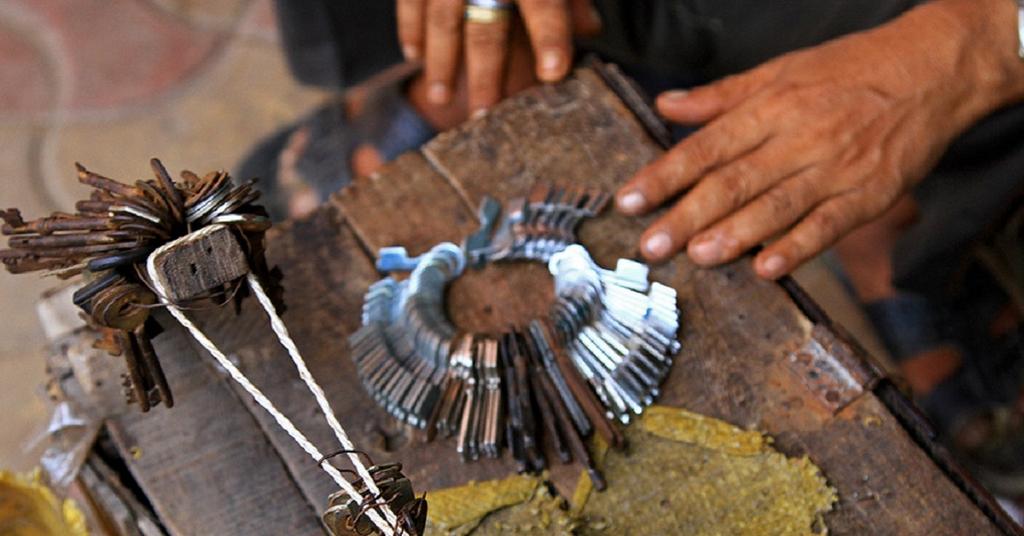Two years ago, when Najibul Sheikh was fed up with running a diminishing business, he thought of going to neighbouring states to find work as a migrant worker. Alas, his hopes to find a job that pays him decently shattered too soon when the Government announced the Covid-19 induced lockdown in March 2020.
CJP’s Grassroots Fellowship Program is a unique initiative aiming to give voice and agency to the young, from among the communities with whom we work closely. These presently include migrant workers, Dalits, Adivasis and forest workers. CJP Fellows report on issues closest to their hearts and home, and are making impactful change every day. We hope to expand this to include far reaching ethnicities, diverse genders, Muslim artisans, sanitation workers and manual scavengers. Our raison d’etre is to dot India’s vast landscape with the committed human rights workers who carry in their hearts Constitutional values, to transform India into what our nation’s founders dreamt it to be. Please Donate Now to increase the band of CJP Grassroot Fellows.
Najibul has been a locksmith all his life. There was a time when villagers who lived miles away would visit his house to mend their broken locks. For a nominal fee, he would spend hours mending the lock to make his customers return home happily. This would ensure that he brings food to the table for his old parents and young children.
Slowly, with modern technologies, old locks are fading away; people are more interested in buying high-end locks that are beyond the reach of lock artisans like Najibul. And with passing times, people belonging to this profession are also rarely seen. And after the lockdown, along with many other small scale professions, this one also has ceased to exist amidst society.
In his own words, “New designs of locks are available in the market all the time. All my life I have been associated with this profession but now there is a lack of demand. I have started repairing umbrellas now, which pays me even less. On an average I make a hundred to two hundred rupees everyday, when I find work.”
When he finally thought of venturing to other states, he recalls, “I saw groups of people returning home from faraway places on foot. Some young boys came from Ranchi on foot. One of them fell severely ill. They weren’t paid a dime. I thought, if this is what happens when you go outside to find work, I’ll be in trouble. My family will starve without me.”
Various livelihoods are disappearing over time. Even though people in the rural villages, who don’t own land or farms, want to be self-reliant, there are hardly any entrepreneurs. Without any Governmental aide, people like Najibul can only hope that any new business they embark upon, provides them with enough resources to get by.
This report is part of CJP’s Grassroots Fellowship Program, and has been written by aspiring journalist and student activist Ripon Sheikh from Birbhum in West Bengal. In these reports Ripon looks at the people around him – migrant workers, the families they leave behind, agricultural labourers, women who do housework, rural artisans and young people, with a keen sense of compassion.
Meet CJP Grassroot Fellow Mohammed Ripon Sheikh
This young man, who has graduated with a B.Sc degree from Burdwan University, loves trivia. Sheikh’s passion to research and seek “unknown information about World History” has earned him many medals and trophies at various University and state-level Quiz championships, and youth festivals. Sheikh is a born orator and a natural community leader. He has the potential to represent his community, state and country at a global level one day. His immediate goal, however, is to find a job so he can support his parents.
RELATED:
When you buy earthen lamps, you light up a craftsperson’s home
How Sunderban’s Honey Collectors fight all odds to earn their living

